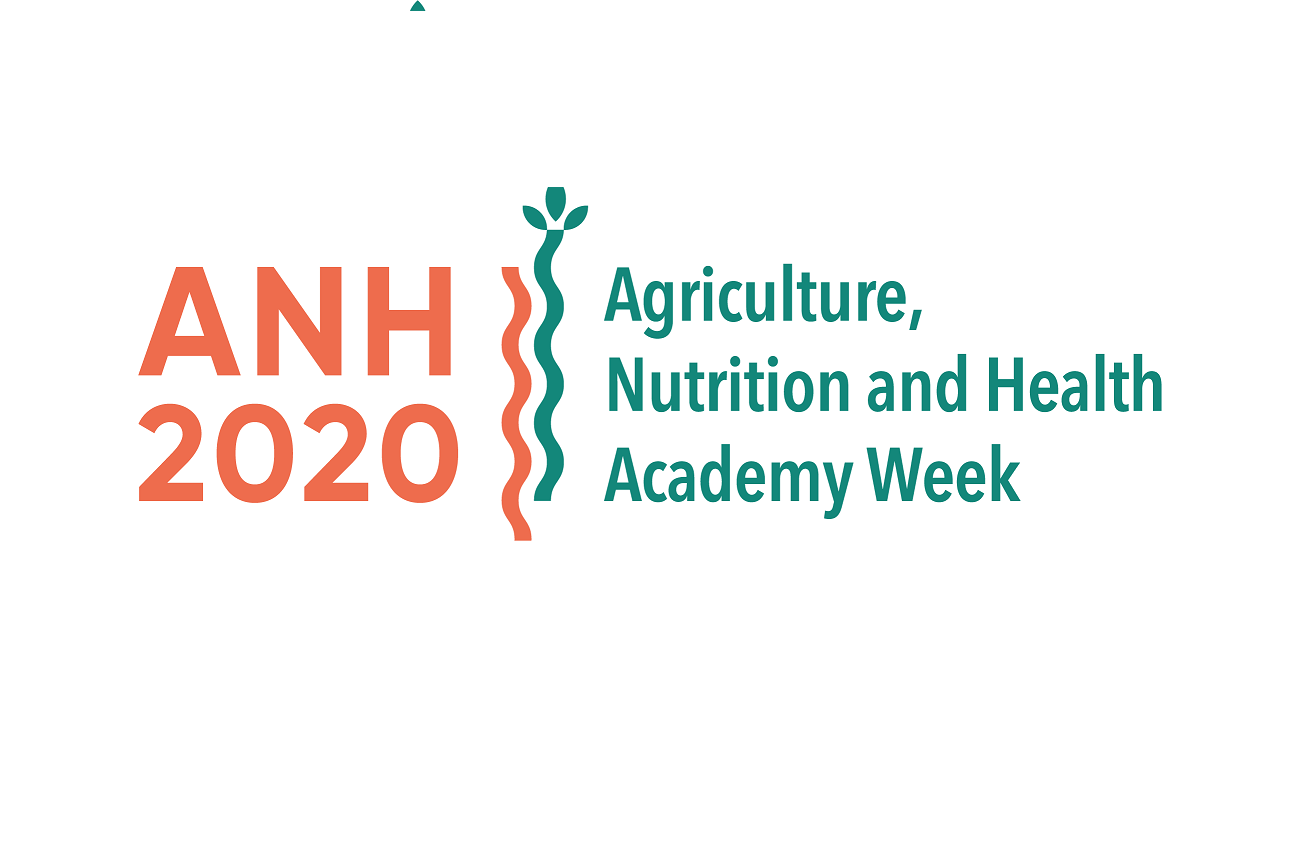
Recording:
Facilitator(s):
-
Gilles Bergeron, New York Academy of Sciences
-
Steve Vosti, University of California Davis
-
Edward Joy, London School of Hygiene and Tropical Medicine
-
Elaine Ferguson, London School of Hygiene and Tropical Medicine
-
Frances Knight, London School of Hygiene and Tropical Medicine
Description and Learning Objectives
This session will introduce participants to the Nutrition Modeling Consortium, and to some of the tools that consortium members have developed and used to help select, design and manage evidence-based nutrition policies and nutrition intervention programs. Participants will be split into teams, each receiving a policy- or programme-relevant question, e.g., “Should vitamin A supplementation programmes be scaled-back in Nepal?”, or, “to what extent might food fortification cost-effectively address iron-deficiency anemia among women of reproductive age?” The teams will be asked to design a strategy for answering their policy- and programmatic relevant question, using one or a combination of the modelling tools available, with some time spent addressing underlying data needs and the pathways through which new model-based information would flow to reach decision-makers. Teams will present their findings back to the wider group followed by a plenary discussion.
After completing the Learning Lab, participants will be better informed on how to frame their nutrition policy issues, how select the appropriate tool for given types of nutrition policy or programmatic questions / decisions, how to access and use the tools, the tools’ strengths and limitations, and the data inputs and skills required to use them.
Preparatory materials to be reviewed in advance of live session
-
Participants are asked to please complete the following survey no later than Monday 22 June at noon BST: https://www.surveymonkey.com/r/57LYRLL
-
Recommended readings:
-
Supplementary readings:
-
Weighing the risks of high intakes of selected micronutrients compared with the risks of deficiencies
-
An Economic Optimization Model for Improving the Efficiency of Vitamin A Interventions
-
Use of Optimization Modeling for Selecting National Micronutrient Intervention Strategies
-
Designing Appropriate Complementary Feeding Recommendations: Tools for Programmatic Action





